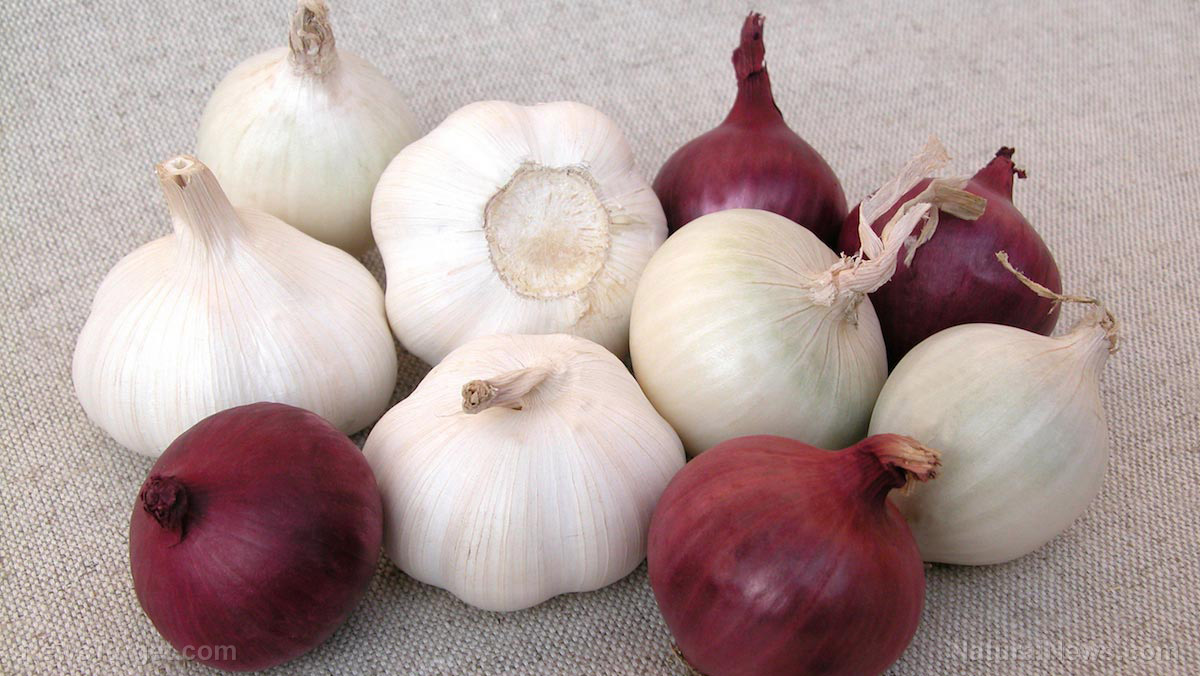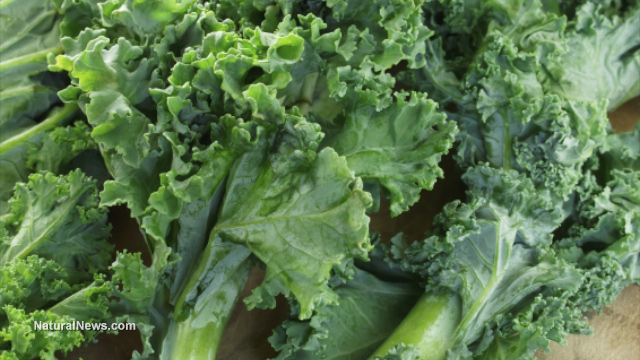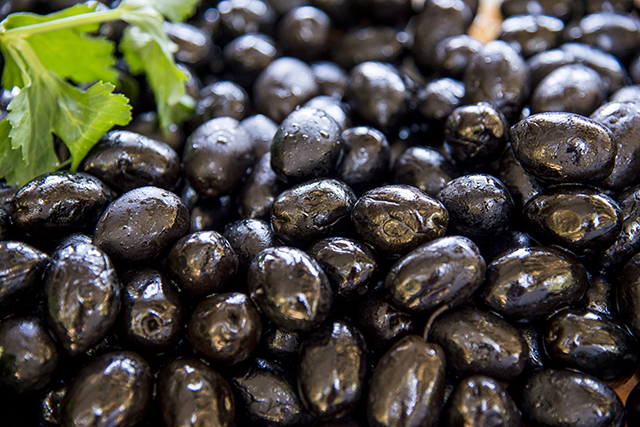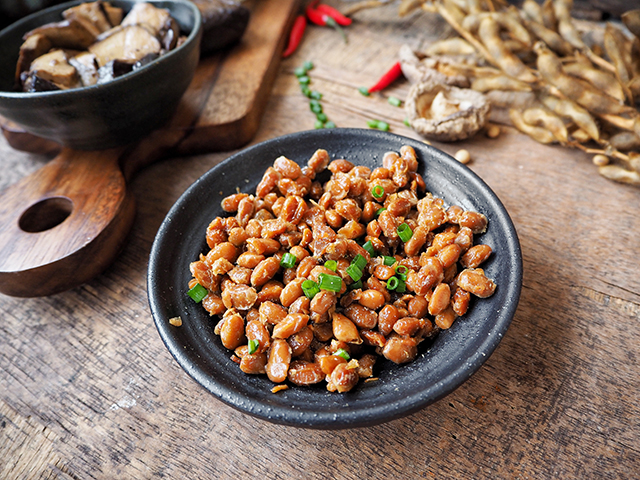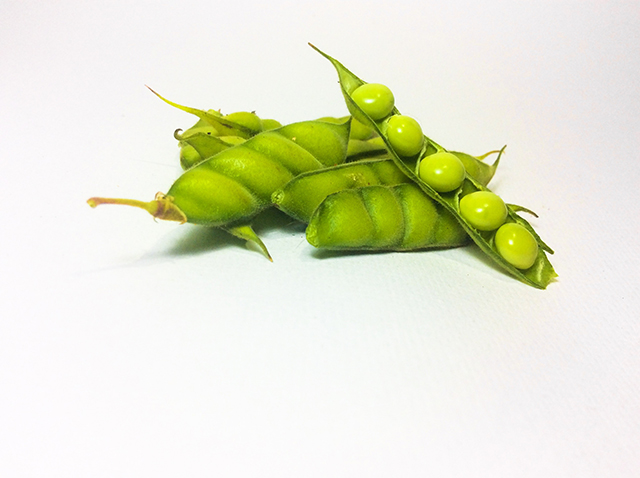Prevent asthma attacks with the vitamin E found in nuts
11/24/2017 / By Isabelle Z.

If you suffer from asthma, you’ll be all too familiar with the scary feeling that sets in when you’re gripped by an attack. It may not last long, but it’s unpleasant enough to drive many people to use inhalers despite their risks. Now, however, a new study published in the Journal of Allergy & Clinical Immunology points to a potential way to prevent asthma attacks that is not only safe – it’s also delicious!
After observing epidemiologic data that showed people who consumed a high amount of dietary vitamin E were less prone to suffering asthma and allergic diseases, researchers from the University of North Carolina School of Medicine decided to investigate further.
However, the alpha isoform of vitamin E, alpha-tocopherol, which is found in most Vitamin E supplements, is linked to higher risk of hemorrhagic stroke. They decided to focus their efforts on researching the gamma-tocopherol form of vitamin E instead, which can be found in pecans, walnuts, peanuts and seed oils like sesame.
Gamma-tocopherol also another advantage: While both forms of vitamin E have antioxidants, the gamma tocopherol also provides a unique anti-inflammatory effect, which is something the researchers believe ultimately made a difference in their study.
They divided participants randomly into one of two groups. One group was given a gamma-tocopherol supplement over the course of two weeks, while the other received a placebo. At the close of the two weeks, they were all told to cough up some sputum. They also participated in a lipopolysaccharide challenge in which they had to inhale a substance that leads to lung inflammation and then cough up even more sputum.
In the next phase of the cross-over study, the group who took the supplement during the first two weeks was then given a placebo for a two-week period following a three-week period in which they took nothing.
This showed the researchers that people who took the vitamin E supplement experienced less eosinophilic inflammation while they were doing so. Moreover, they had lower levels of the proteins known as mucins, which play a role in making mucus sticky. People with asthma tend to have higher levels of mucins.
Fewer mucins mean that mucus is less sticky, which makes it easier for those with asthma to clear it out of their bodies. It also means there won’t be as much pro-inflammatory mucus remaining inside their lungs.
Next, the researchers would like to expand the study over a longer period of time and determine whether it is safe in adults who are not in optimum health. They’d also like to look out for any unanticipated effects.
What you should eat – and avoid – if you have asthma
If you suffer from asthma and don’t have a nut allergy, you could well derive benefits from eating walnuts and pecans that extend beyond asthma. Nuts can also boost your immunity, and they are rich in healthy fats.
Equally important as what you eat when you have asthma is what you don’t eat. One major study has shown that eating cured or processed meat can make asthma systems worse. The researchers reached this conclusion after studying 971 people over the courage of seven years.
They found that symptoms like chest tightness, attacks of short breath while exercising or at rest, and general shortness of breath were higher in those who ate four or more servings of cured meat every week. Therefore, if you’re suffering from asthma, you might want to give up foods like sausage and ham. Not only can this help your symptoms, but the World Health Organization considers processed meats one of the top cancer-causing agents.
Like many illnesses, diet can play a huge role in asthma, whether it’s making it worse or helping to keep it under control, so choose your foods wisely!
Sources include:
Tagged Under:











